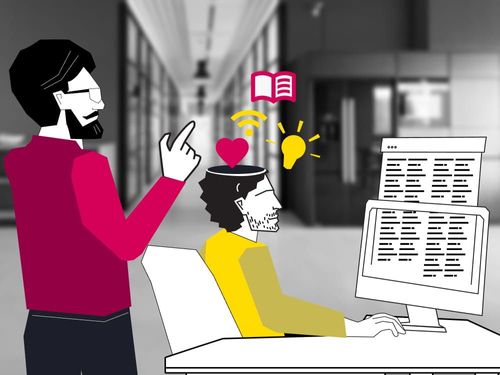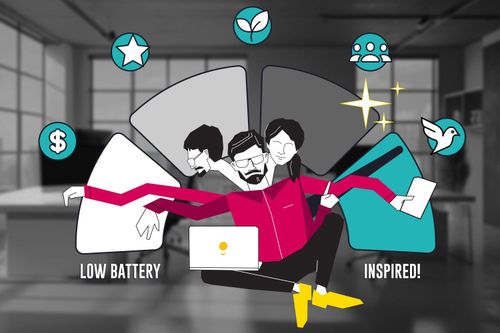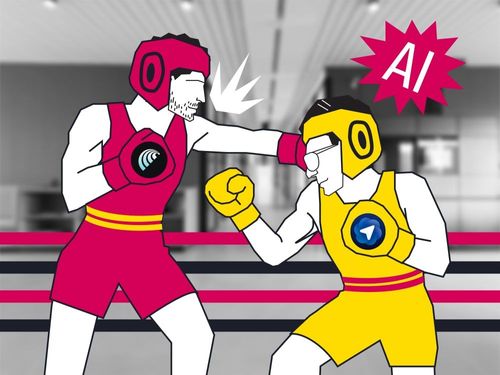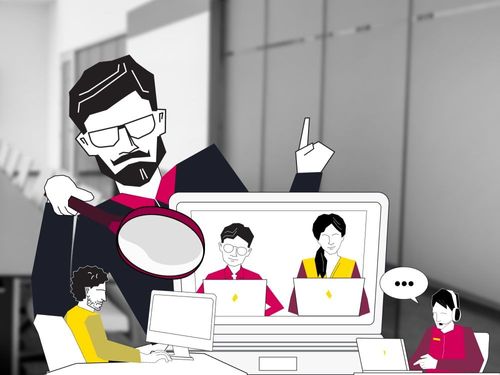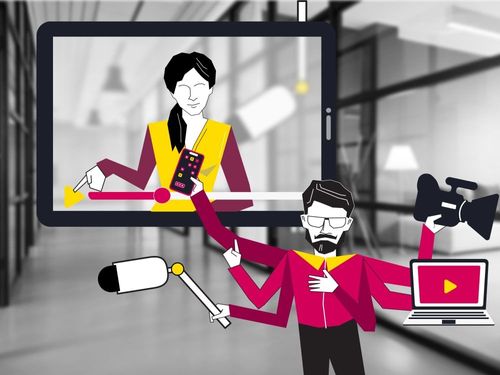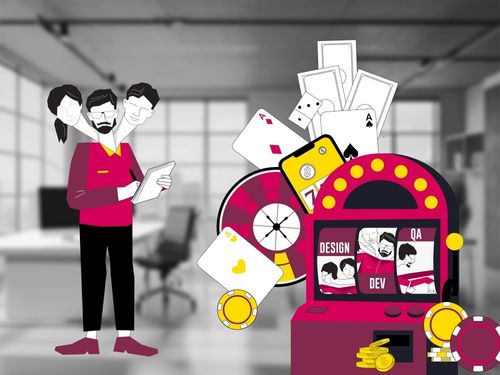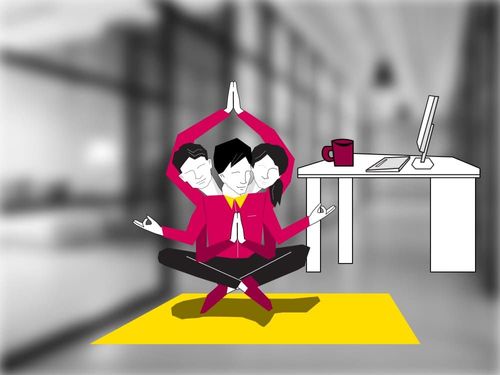
We always hear that it’s all about the people, but we also know that having good people is not enough. Team success is about synergy, proper methodologies, a healthy culture, and much more.
During the last 20 years, Smatexe has been managing countless remote teams for clients all over the world. After learning the methodologies of numerous European and American companies, we offer you the five most fundamental principles that are currently being employed.
7 Proven Principles for Building High-Performing Remote Software Teams
1.“Agile” Team Structures
Agile isn't just a buzzword anymore—it's a way of working that helps teams adapt quickly and stay flexible. Agile methodologies have already become synonymous with software development, and teams that aren’t using them properly tend to stay behind.
At Smartexe, we’ve learned that breaking projects into smaller, manageable parts and learning how to change direction on the go is key to projects’ success. Regular check-ins and updates keep everyone on track, while frequent reviews allow continuous improvement of work practices and encourage accountability.
2. Clear Key Performance Indicators (KPIs)
As trivial as it sounds, many executives and companies still struggle with setting up clear KPIs. Without them, progress simply cannot be achieved.
We invest a lot of effort in building and prioritizing KPIs, knowing that it’s better to invest more time in planning than risking execution hitting dead ends.
3. Culture of Continuous Learning
The tech world moves fast, and in order to keep up, everyone needs to keep learning. To do so, team members need to be encouraged to engage in both formal education and informal learning activities.
Companies that aren't investing in continuous learning tend to struggle to adapt themselves to trends and fail to produce innovation.
At Smartexe, we encourage our team members to keep growing their skills through courses and workshops. We also set aside time for personal projects, which lets everyone experiment with new ideas that could benefit future projects. This creates a culture where learning is part of the job, not something you do in your spare time.
4. Psychological Safety
A team that feels safe is a team that can innovate and push boundaries. This demands creating an environment where everyone feels they can speak up without fear of being embarrassed or punished for making mistakes.
Managers that fail to create psychological safety at the office, tend to fail in achieving their KPIs as well.
At Smartexe, we encourage everyone to share their ideas and concerns, making sure that even the quietest person in the room feels comfortable contributing. Obviously, this requires the other side of the same coin:
5. Open-Mindedness
Effective leaders aren’t just great goal-setters, but excellent listeners with keen psychological insight. They are mindful of their own biases and are constantly investing in active listening, taking other’s ideas and feedback seriously.
But open-mindedness needs an additional element in order to have a true impact - transparency.
At Smartexe we encourage our executives and team leads to keep nothing under wraps, sharing the good, the bad, and everything in between. This transparency prevents misunderstandings and fosters free idea-sharing. We even have an anonymous feedback board and encourage regular one-on-one chats to maintain this culture.
6. Cognitive Diversity
A good metaphor for a diverse team is a puzzle. Each piece needs to be different to fit together perfectly. Teams that bring a variety of thinking styles, combining big-picture thinkers and detail-oriented doers, tend to solve problems faster.
At Smartexe, we use tools to measure these differences so we can create well-rounded teams. This means not just looking at what someone knows but how they complement the complex dynamic of their team.
It’s not a perfect science, but it’s definitely worth the effort.
7. Work/Life Balance
Happy and balanced employees usually perform better at work. However, helping employees to achieve such balance is challenging.
The first step is to actually recognize unbalanced employees. And this is especially challenging for companies and managers who lead remote teams.
As we lead many teams through the challenges of remote work, we’ve developed the following practices:
- Organizing virtual happy hours, book clubs, sports events, and other opportunities to connect socially.
- Setting a tradition to celebrate birthdays and other events.
- Encouraging teams to leave their laptops and work phones at home when they go on vacation.
- Organizing family days;
- Supporting employees’ physical and mental health, through designated bonuses or vacation days.
- Discouraging the glorification of overworking.
At Smartexe, we try to practice what we preach. So, if you believe in the same principles and are looking to hire a committed dev team, give us a ping to see what teams are available today.
Like the way we think? Follow us for more original content.

